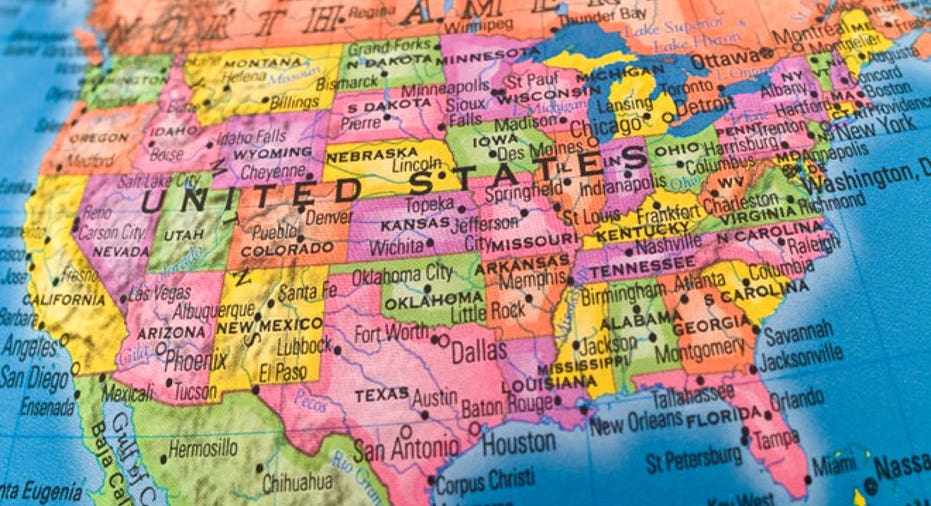Best and Worst Cities for Small Business Employees

It’s National Small Business Week, celebrating small businesses across the country – but a recent study suggests some cities are better for small business than others. Credit-card comparison website CardHub put out a list earlier this month ranking the best and worst cities for employees at small firms. Denver tops the list, with Boston, Minneapolis, Seattle and San Francisco rounding out the top five. And San Diego, Philadelphia, Sacramento, Riverside and Detroit land squarely at the bottom of the list. John Kiernan, a senior analyst at CardHub, says the company chose factors to indicate where the best opportunities are for workers looking for small business positions. Criteria included the density of small businesses, industry variety, small business job growth, disposable income and cost of living, among other factors that indicate quality of life for employees. “For the cities at the top, like Denver and Minneapolis, you have large cities with low cost of living and a sense of small business friendliness,” says Kiernan, though he notes that Boston and San Francisco have higher cost of living. Kiernan says another important factor in determining which cities floated to the top and which sunk was job growth. “Our job growth metric speaks to the state of the economy and the growth potential in those cities,” says Kiernan, which he says is more useful in determining small business health than looking at local tax incentives or other benefits. But Ray Keating of the Small Business & Entrepreneurship Council (SBEC) says it’s impossible to get a good picture of the small business climate without looking at the regulatory situation and other governmental factors – two criteria CardHub didn’t examine. Looking at the SBEC’s own rankings, Keating says he agrees that Denver and Seattle are good cities for small businesses – but Minneapolis and Boston don’t rate so highly, given their high income taxes and regulations that affect small businesses. “It’s a glaring oversight, not looking at policy issues at all,” says Keating. And he notes that policies also affect small business job opportunities, as cities with high taxes and aggressive regulations often force companies to actually leave the state. “When you look at places like California, the state sends so many people elsewhere, opportunities are actually going elsewhere,” says Keating.



















